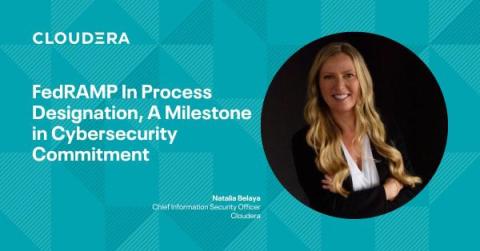What Separates Hybrid Cloud and 'True' Hybrid Cloud?
Hybrid cloud plays a central role in many of today’s emerging innovations—most notably artificial intelligence (AI) and other emerging technologies that create new business value and improve operational efficiencies. But getting there requires data, and a lot of it. More than that, though, harnessing the potential of these technologies requires quality data—without it, the output from an AI implementation can end up inefficient or wholly inaccurate.











